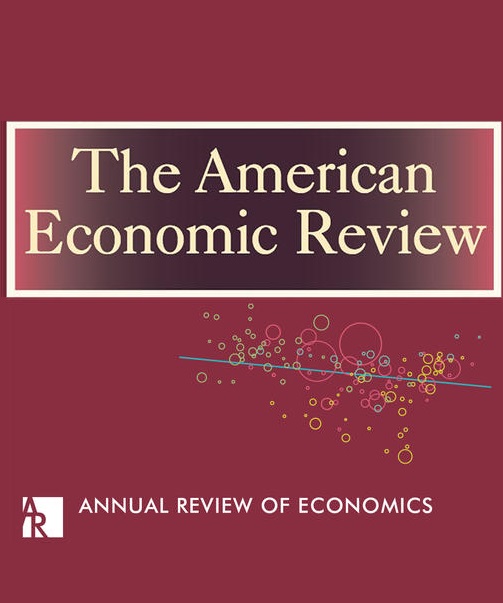为利润出售消费者数据:最优市场细分设计及其后果
IF 10.5
1区 经济学
Q1 ECONOMICS
引用次数: 10
摘要
数据经纪人以私人成本将市场细分卖给生产者,生产者将产品卖给单位数量的消费者。本文描述了数据代理的收益最大化机制。每一种最优机制都会诱发准完美价格歧视。所有价值高于成本依赖临界值的消费者都通过支付他们的价值来购买,而其他消费者则不购买。这一特征表明,即使数据代理变得更强大——要么获得向消费者出售访问权限的能力,要么成为购买产品并专门向消费者销售的零售商——市场结果也不会改变。(凝胶d42, d82, d83, l81, m31)本文章由计算机程序翻译,如有差异,请以英文原文为准。
Selling Consumer Data for Profit: Optimal Market-Segmentation Design and Its Consequences
A data broker sells market segmentations to a producer with private cost who sells a product to a unit mass of consumers. This paper characterizes the revenue-maximizing mechanisms for the data broker. Every optimal mechanism induces quasi-perfect price discrimination. All the consumers with values above a cost-dependent cutoff buy by paying their values while the rest of consumers do not buy. The characterization implies that market outcomes remain unchanged even if the data broker becomes more powerful—either by gaining the ability to sell access to consumers or by becoming a retailer who purchases the product and sells to the consumers exclusively. (JEL D42, D82, D83, L81, M31)
求助全文
通过发布文献求助,成功后即可免费获取论文全文。
去求助
来源期刊

American Economic Review
ECONOMICS-
CiteScore
18.60
自引率
2.80%
发文量
122
期刊介绍:
The American Economic Review (AER) stands as a prestigious general-interest economics journal. Founded in 1911, it holds the distinction of being one of the nation's oldest and most esteemed scholarly journals in economics. With a commitment to academic excellence, the AER releases 12 issues annually, featuring articles that span a wide spectrum of economic topics.
 求助内容:
求助内容: 应助结果提醒方式:
应助结果提醒方式:


